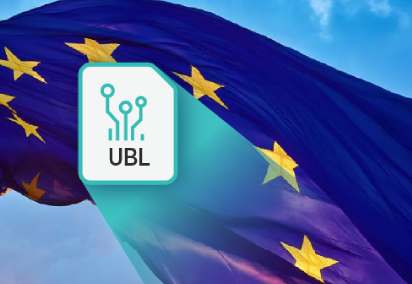
UBL in Belgium: A Growing Trend
Industries Embracing UBL in Belgium
Manufacturing and Logistics
Finance and Banking:
Healthcare
Exploring the Significance of UBL Amid Legislative Changes
Understanding the Impact

Operational Efficiency Across Industries
UBL is being widely embraced for its role in streamlining operational processes. From manufacturing to finance, businesses in Belgium are leveraging UBL to automate tasks, reduce manual errors, and optimize their overall efficiency.

Interconnected Business Ecosystem
UBL facilitates seamless communication between businesses, suppliers, and customers. The standardized format ensures that data exchange is uniform and easily interpretable, fostering collaboration and communication throughout the supply chain.
Enhanced Data Accuracy and Transparency
UBL adoption is contributing to improved data accuracy, reducing errors in crucial documents such as invoices and purchase orders. This not only enhances the overall transparency of business transactions but also builds trust among stakeholders.
Cost Reduction and Resource Optimization
The adoption of UBL standards is leading to cost savings by minimizing the need for manual intervention in document processing. Companies are finding that automating tasks such as invoicing and procurement not only reduces operational costs but also allows for better allocation of resources.
Adaptability to Regulatory Changes
As regulatory environments evolve, UBL provides a flexible framework that allows businesses to adapt to changes seamlessly. This adaptability ensures that companies remain compliant with evolving standards and regulations in Belgium.
Future-Ready Business Practices
UBL is not just a current solution; it positions businesses for the future. By adopting UBL, companies in Belgium are investing in technology that aligns with the ongoing digital transformation, ensuring they remain competitive and future-ready.



